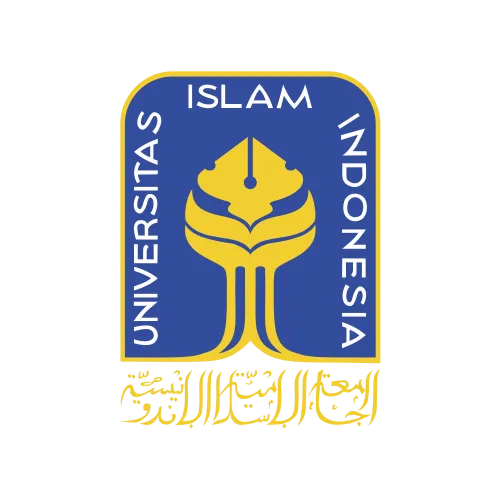Manajemen Pengelolaan Sampah Melalui Insinerator pada Desa Kalibening, Magelang
Contributors
Muhammad Dava Aji
Khansa Azalia
Rofiq El Rois
Aidha Trisanty
Keywords
Proceeding
Track
General Track
License
Copyright (c) 2025 Seminar Nasional Hasil Penelitian dan Pengabdian Masyarakat (SemnasPPM)

This work is licensed under a Creative Commons Attribution-NonCommercial-NoDerivatives 4.0 International License.
Abstract
Kalibening Village in Dukun District, Magelang Regency, faces waste management challenges with conventional practices of open burning and river disposal, negatively impacting the environment and public health. With daily waste production reaching 110 kg from 11 hamlets and limited infrastructure and access to Final Disposal Sites (TPA), effective and sustainable waste management solutions are needed. This research aims to implement small-scale incinerator technology as an environmentally friendly waste management alternative. The research method was conducted through stages of observation and problem identification, design and planning, construction and implementation, testing and evaluation, and community socialization. The incinerator was designed with dimensions of 1 m × 1 m × 2.5 m using a cylindrical design with bottom air supply and refractory brick material to withstand temperatures above 850°C. Research results show that the incinerator can reduce waste volume by up to 80%, leaving approximately 22 kg of ash that can be utilized for compost or construction aggregate. The system operates 4-6 hours per day with emissions meeting the standards of Kep.Men LH No.13/MENLH/3/1995. Implementation of this technology provides positive impacts including improved community health quality, protection of productive land and water sources, transportation cost savings up to 80%, and increased environmental awareness. Community participation in socialization, operator training, and waste sorting ensures system sustainability through a holistic approach integrating 3R programs and composting. This model has the potential to become a model for sustainable waste management in rural areas with similar characteristics in Indonesia.
